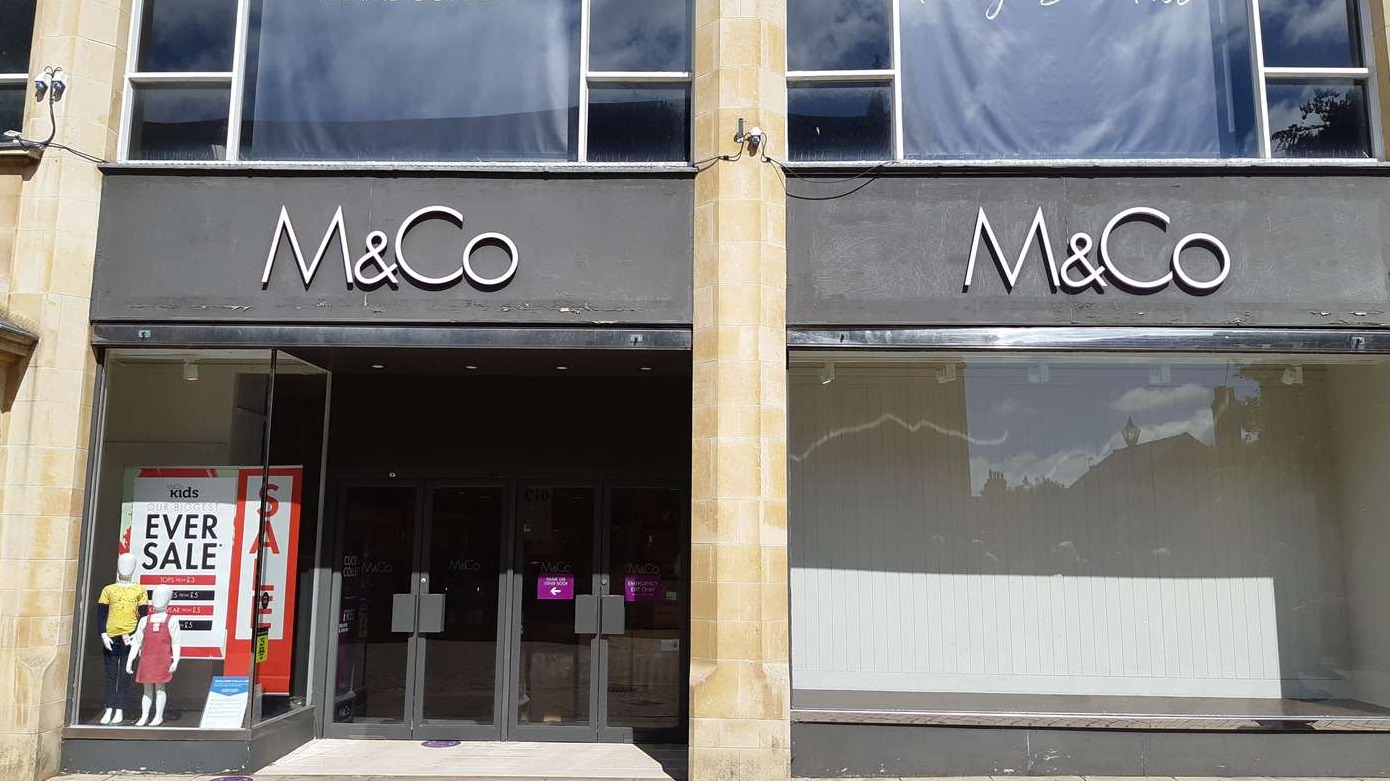The British Retail Consortium (BRC) has joined a group of trade bodies to call for urgent reform of what it describes as a “broken” Apprenticeship Levy.
According to the retail trade association, £3.5 billion of Levy funds have expired under the government’s 'use-it-or-lose-it' scheme because companies were unable to meet "restrictive requirements" needed to draw on funds they have paid in.
The BRC said that the current system requires businesses to contribute hundreds of millions of pounds into a pot, but it only allows these funds to be “spent in an overly restricted way”.
For example, it claims that businesses cannot use the money to fund any courses that are shorter than one year in duration.
In a letter to the government, the BRC, UKHospitality, techUK, and the Recruitment & Employment Confederation – which together represent over 10 million workers in the UK – say that the government is holding back investment in critical training that is "vital" to train the future workforce, provide better wages, increase productivity, and boost economic growth.
The four trade bodies have called on the government to widen the Apprenticeship Levy into a broader Skills Levy to allow businesses to spend their funds on a wider range of high quality, accredited courses including shorter, more targeted courses, or more tailored upskilling programmes, including functional and digital skills.
The move comes as ONS data shows UK job vacancies have increased to 40 per cent compared to pre-pandemic levels. The BRC said that despite these figures, businesses are being blocked from investing in their workforce and creating job opportunities.
“The Government must urgently fix this £3.5 billion mistake, or it risks letting the UK’s anaemic productivity trail further behind its international counterparts,” said Helen Dickinson, chief executive of the British Retail Consortium (BRC). “Retailers want to invest more in training a higher skilled, more productive and better paid workforce."
Dickinson described the current Apprenticeship system as a "ball and chain" around the efforts of retailers.
Latest News
-
Tesco makes ‘significant strides’ on safety through body worn cameras
-
Flying Tiger Copenhagen appoints new group chief executive
-
Walgreens cuts over 600 jobs after buyout
-
Mango opens first store in Limerick as part of expansion plan
-
eBay and Etsy to buy Depop for $1.2bn
-
REWE opens automated fresh food facility to serve Berlin outlets
Beyond Channels: Redefining retail with Unified Commerce
This Retail Systems fireside chat with Nikki Baird, Vice President, Strategy & Product at Aptos will explore how unified commerce strategies enable retailers to tear down these barriers and unlock new levels of operational agility and customer satisfaction.
The future of self-checkout: Building a system that works for consumers and retailers
In this webinar, industry leaders discussed what the future of self-checkout looks like and how retailers can make the technology work for everyone.
© 2024 Perspective Publishing Privacy & Cookies


.png)






Recent Stories